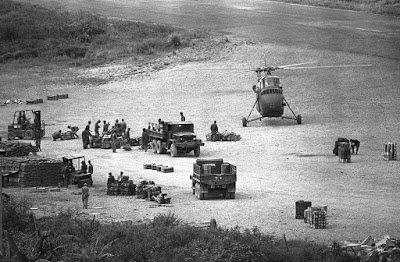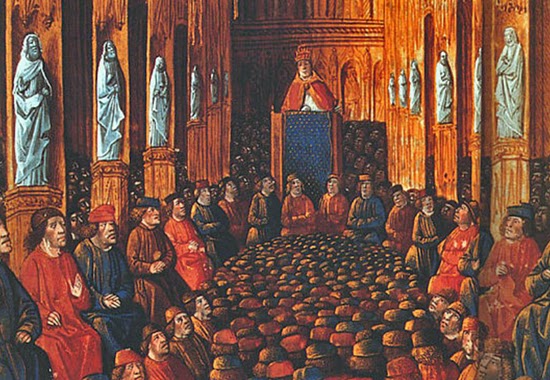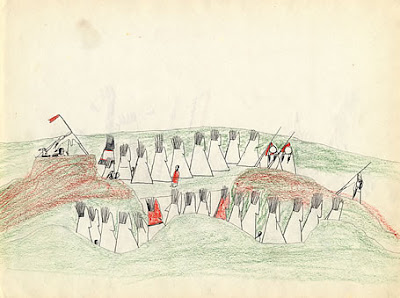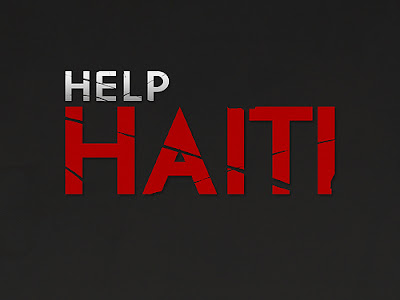Imperial Expectations

When I teach World History 2 (as I am this summer), we deal quite a bit with America's secret wars. I don't just teach students about them for the facts of it, but also to show them the way in which they are tied to the imperial consciousness of the United States and to a further extent, its imperial expectations. If a nation has an imperial consciousness, then there is an understanding that its influence, its realm extends far beyond its normal and recognized borders. The greater the consciousness, more there is acceptance of every potential corner of the globe being part of the interests of your particular corner or country. That what you expect or desire out of the world is paramount and you receiving it is what makes the world safe or ordered or prosperous. All other national borders are meant to fall beneath your expectations, and those who resist or get in the way, should be stopped. It is only when you have a consciousness like this, that articles such as the one below








